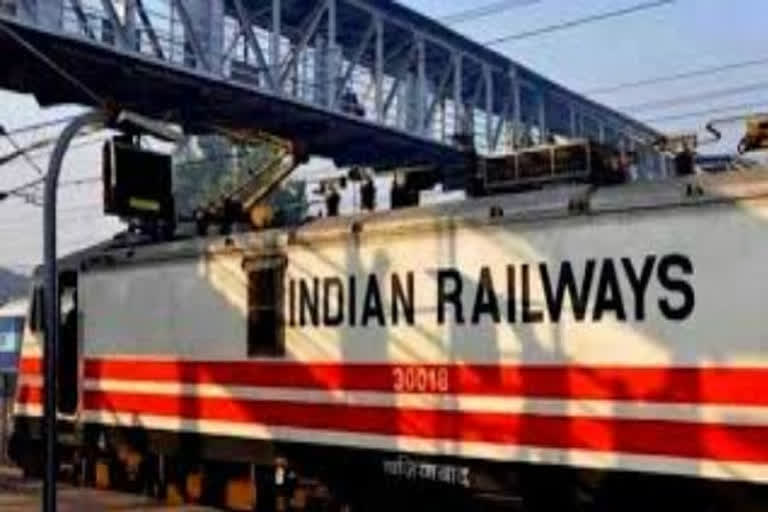New Delhi: The year 2020 showed India a glimpse of how life would be without trains. As the coronavirus lockdown was announced on March 24, the Railways for the first time in its 167-year-old history shut down all its services.
People stranded across the country and who usually looked to the Railways to ferry them home, were left without their lifeline. Some, like the thousands of migrant workers, took to the streets choosing to walk to their destinations.
As the Railways directed its resources towards carrying essentials across the country, lakhs of tickets were cancelled during the summer holidays -- something unheard of in rail history.
It was on May 1 that the wheels of trains started chugging again. This time, to ferry migrant workers home. Between May 1 and August 30, the Railways ferried 63.15 such workers home across 23 states in over 4,000 Shramik Special trains, not only bringing huge relief to the stranded migrants, but also hope for the others that their lifeline was down, but not out.
It was, however, the Shramik Special trains which saw the Railways being criticised by the Opposition parties over the fares being charged from the migrant workers. While the Railways said that it did not charge a penny from the workers and spent more than Rs 2,000 crore on their transportation, the politics over the issue continued.
"What do trains mean for me? They mean hope, joy and also a sense of routine. For 25 years, I have taken the same route home to Bihar to be with my family after months of being away from them. That''s what they mean to me, they get me to my family.
READ: Travellers from UK untraceable in Madhya Pradesh
"Every year, I would book tickets around the same time to go home. This year it did not happen and I feel a sense of loss that something that was part of life could very easily be taken away," said Jitender Kumar, a security guard working in Noida.
Currently, the Railways is operating 1,089 special train services, while Kolkata Metro was running 60 per cent of its services, Mumbai suburban was running on 88 per cent and 50 per cent of Chennai suburban services were in operation. Railway Board Chairman and CEO VK Yadav agreed that it was a tough year for the national transporter, but also highlighted how it innovated and used the crisis as an opportunity.
"This year has been of grit and victories for Indian Railways. Faced with daunting and unprecedented COVID-related challenges, Indian Railways has not only been able to keep the national supply chain running and move millions of people back home in most adverse circumstances, but has also been able to realise the potential of its workforce, which driven to the wall has come out with innovative solutions," Yadav said.
While passenger movement dipped resulting in an estimated loss of 87 per cent as compared to last year, the Railways'' made drastic changes in their freight movement, introducing parcel services, carrying essentials like milk, medicines and even ventilators.
The innovation was to realise that if the Railways could not move passengers freely, it could move freight instead.
Business Development Units (BDUs) were set up at Railway Board, Zonal Railway and Divisional levels. Multi-disciplinary teams from BDUs have been reaching out to customers to attract new business. It also introduced time-tabled parcel services to provide reliable services to courier services, e-commerce companies.
